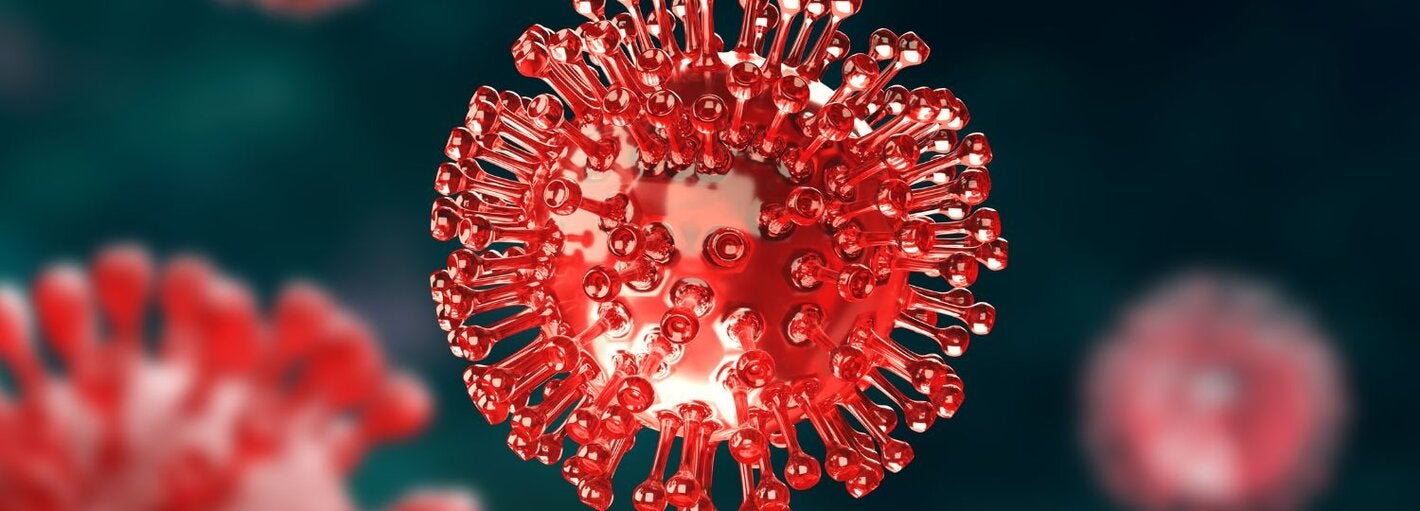
Panama City, February 5, 2024 (PAHO) - The Gorgas Memorial Institute for Health Studies (ICGES) in Panama City, Panama, will host a significant workshop on Bioinformatics Analysis for SARS-CoV-2 Genomic Surveillance from February 5th to February 9th, 2024. This groundbreaking event was organized by PAHO's Unit for Infectious Hazards Management within the Department of Health Emergencies (PHE/IHM) in collaboration with renowned international partners.
In line with the execution of the regional genomic surveillance strategy for epidemic and pandemic preparedness and response, which was approved during the 30th Pan American Sanitary Conference (CDP30) in September 2022, this workshop is one of the strategic initiatives organized by PAHO's network of networks for genomic surveillance, PAHOGen. Using the SARS-CoV-2 virus as a reference model, its main goal is to provide public health laboratory staff with the essential skills and knowledge to improve analytical capacities in the field of infectious disease genomic monitoring. Given the constant evolution of infectious threats, it is imperative to emphasize the relevance of genomic surveillance.
The PAHO/WHO Representative in Panama, Dr. Ana Rivière Cinnamond, highlighted the vital role played by genomic surveillance and ICGES in responding to the COVID-19 pandemic and how the advances achieved in genomic surveillance capacity in the Americas can be leveraged to address other pathogens.
The Bioinformatics Training Facility at the University of Cambridge and the New Variant Assessment Platform of the United Kingdom Health Security Agency (UKHSA), with whom PAHO has close collaborations to strengthen regional capacities in bioinformatics applied to public health, jointly developed this extensive, hands-on five-day course. Participants will be guided through this unique learning experience by distinguished instructors from those institutions, supported by trainers from ICGES, a Regional Sequencing Laboratory within PAHO's Respiratory Virus Genomic Surveillance Network (ResViGen).
Furthermore, it will reinforce the commitment of countries across the Americas to strengthen their public health systems and enhance preparedness for infectious hazards. Participants are expected to come from Barbados, Colombia, Costa Rica, Cuba, Ecuador, Guyana, Haiti, Honduras, Mexico, Panama, Paraguay, the Dominican Republic, and Uruguay.
PAHO, UKHSA, and the University of Cambridge are committed to continuing their collaboration in the short and medium term to fully integrate genomic tools into epidemic and pandemic response.
This workshop represents a significant step forward in the collective preparedness and defense against infectious hazards, as it equips public health professionals with the tools and knowledge needed to effectively analyze viral genomic data and contribute to public health action.





